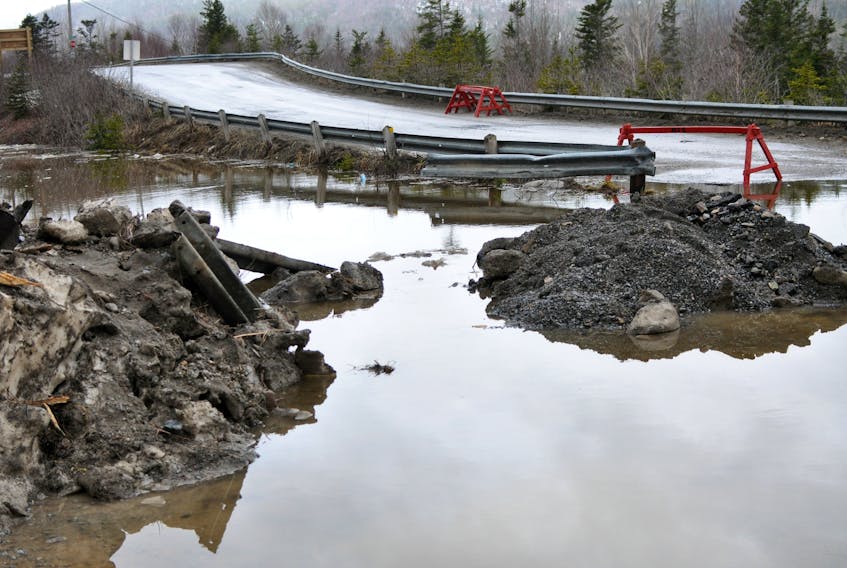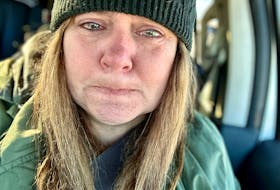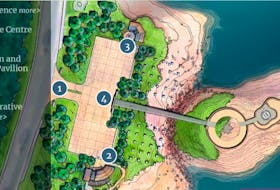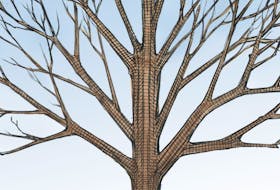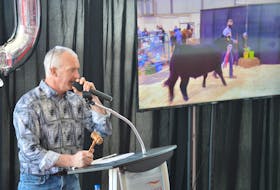The town of Amherst, N.S., has a tender out to do a new floodplain study, looking ahead at what changes to expect in the next 20 years.
The New Brunswick government is reviewing floodplain and coastal mapping following historic flooding this month.
The government of Newfoundland and Labrador is currently handling a request for proposals for risk mapping and flood planning for Happy Valley-Goose Bay and Mud Lake after flooding this spring. It’s a request for proposals that bluntly tells consultants to factor in climate change: “The climate change condition will include both climate change precipitation increase and climate change sea level rise.”
If you think climate change isn’t costing you money already, you’re wrong.
If you’re not willing to accept that recent wild weather in all four Atlantic provinces is a precursor of what we can expect — and that the damage relief governments find to help those affected by the storms is actually a cost of climate change — then you should look at what’s happening on the ground, and under it. More and more, municipal, provincial and federal governments are doing much-needed upgrades on floodplain mapping that no longer seems to be accurate.
Read more editorials here.
Many parts of the Atlantic provinces are being told to expect more forceful storms, more intense storms and higher storm surges. Individual weather events may not be any kind of proof of overall climate change, but it’s worth thinking about how often you now hear that a long-standing weather record has fallen.
When an 87-year-old wooden covered bridge is destroyed by floodwaters — as happened last week in New Brunswick — it’s safe to say the water level was pretty much unprecedented.
What isn’t as clear is how much more money will be required. Prince Edward Island, for example, depends on ground water for drinking water. How does a municipality deal with the problem if rising sea levels (and they are rising already) increase the salinity of a drinking water source? What does that salinity do to the water collection system? How do you remove the salt to make the water usable?
In New Brunswick, what do you do about houses that didn’t appear to be on a floodplain before, but with new storm records, certainly now are. Do you allow property owners to rebuild, or do you tell them to move (and incur financial costs to make up for their losses)?
The list is long and changes weekly, and the trickle of climate-related infrastructure work seems designed to grow into some semblance of a flood itself.
There are those among us, of course, who prefer to continue the method of sticking their heads in the sand and denying that anything’s happening.
But don’t get your head stuck in there so tight that you can’t pull it out when the flood waters reach your ankles — and at the same time, your ears.

